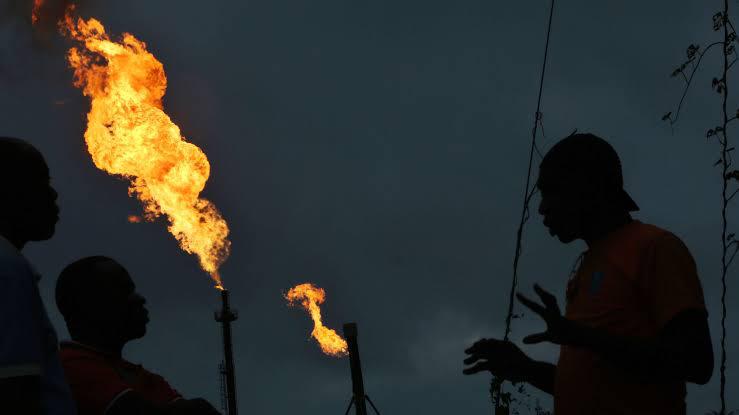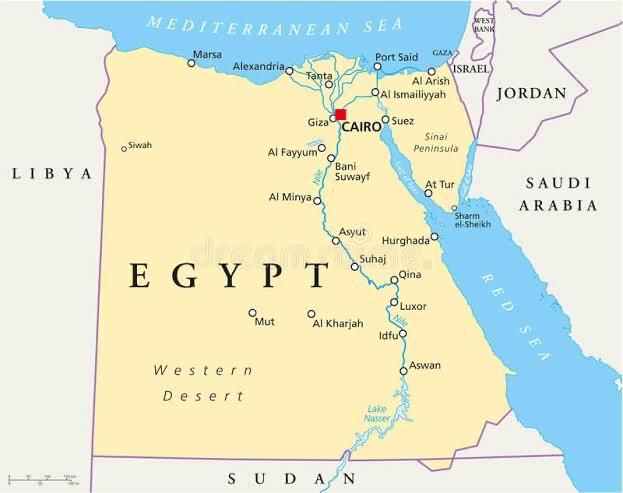According to World Bank data, the latest projection by the International Monetary Fund (IMF) on the Middle East and North Africa is the lowest in over 50 years.
The IMF, on Monday, July 13th, sharply lowered its economic forecast for the Middle East and North Africa over the “twin shock” of the COVID-19 pandemic and low oil prices.
According to the Fund, the economy of the region will shrink by 5.7% this year and will shrink by as much as 13% in the conflict-torn countries. The new projection is 2.4% lower than its forecast in April. This will see a rise in poverty, unemployment, social unrest, budget deficits and a surge in public debt.
The Director of IMF Middle East and Central Asia, Jihad Azour, told AFP “The region has been facing a crisis like no other – a twin shock that affected the normal functions of their economies during the confinement measures.”
The Middle East countries are reported to have applied one of the strictest measures to help contain the spread of the COVID-19, which included halting almost all economic activities. Most of the countries also depend on revenue from oil but with the drop in demand and the OPEC+ cut in supply since May which has aided the recovery of oil prices but it still within $40 a barrel is also seen as a major cause for the latest projections.
The oil-exporting countries in the region will lose about $270 billion of revenues to be generated from sales “which is a big drop” according to Jihad Azour.
He raised concerns over a fear of a worse situation than forecasted as there are still uncertainties as about global oil prices and there are fears on a second wave of the COVID-19 pandemic. “We are in an odd situation where the level of uncertainty is still high; uncertainty about the capacity to control the pandemic and its expansion, uncertainty about the recovery itself, and also uncertainty about the oil prices”, he said.



